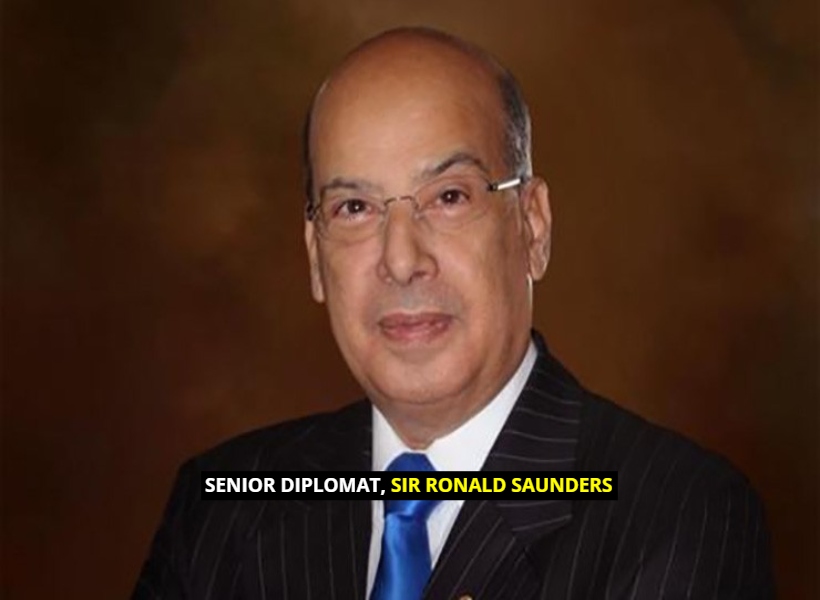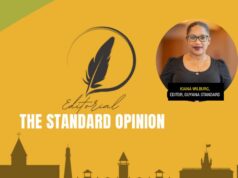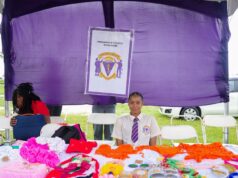At a recently held meeting of the Caribbean Community (CARICOM), heads of government looked at accessing assistance from International Financial Institutions (IFIs), particularly the International Monetary Fund (IMF) and the World Bank Group (WBG) so that they can be in a better position to meet the financial challenges posed by COVID-19.
In the eyes of Sir Ronald Sanders, Ambassador of Antigua and Barbuda to the United States and the Organisation of American States, the heads of State for CARICOM have rightly looked to these institutions given the harsh reality of significantly reduced revenues and increased emergency costs to prevent and contain the coronavirus. Sir Ronald said that many of these countries will find it extremely difficult to pay pensions and wages of their public service establishments while noting that they all need both an injection of money to help them meet budgetary costs over the next nine months at least, and a suspension of debt service payments from whom they have borrowed.
But based on his observations thus far, Sir Ronald seems convinced that the countries that control the levers of the global economy, including the decision-making bodies of the IMF, the WBG, and the Paris Club, have no intention of allowing suspension of debt owed by middle-income and high-income Caribbean countries, even though, the criteria is a false measurement of development and financial capability.
The official said that G20 finance ministers – the representatives of the world’s richest nations – meeting on April 15, last, issued a communiqué that was long on words, but short on a commitment to deliver on the needs of any but low-income countries. “It is almost as if countries are being punished for better policies and economic performance,” the Ambassador said.
Commenting further, Sir Ronald said, “The COVID-19 pandemic has once again highlighted not only inequality between nations but, more importantly, the damaging consequences of an unjust economic order. While rich nations will suffer unemployment and economic decline, they have all the resources to recover from these circumstances. Developing countries – particularly small developing states – don’t.”
Globally, the envoy said that there is now the prospect of a serious debt crisis and the Caribbean is engulfed in it. If the problem is not addressed, he posited that there will be more than US$100 billion in capital outflows from developing economies. Sir Ronald said that this figure, calculated by reputable organizations is nearly five times the level from 2008 when a global recession was started by the failures of major US banks.
Sir Ronald said that at the end of the disastrous effects of the pandemic – whatever unpredictable shape that takes – small developing countries, for the most part, will be left poorer, highly-indebted and with little fiscal space, after debt servicing, to return to their growth projections in January 2020. He concluded therefore that COVID-19 has created a storm much worse than any brutal hurricane that the Caribbean has ever suffered.













